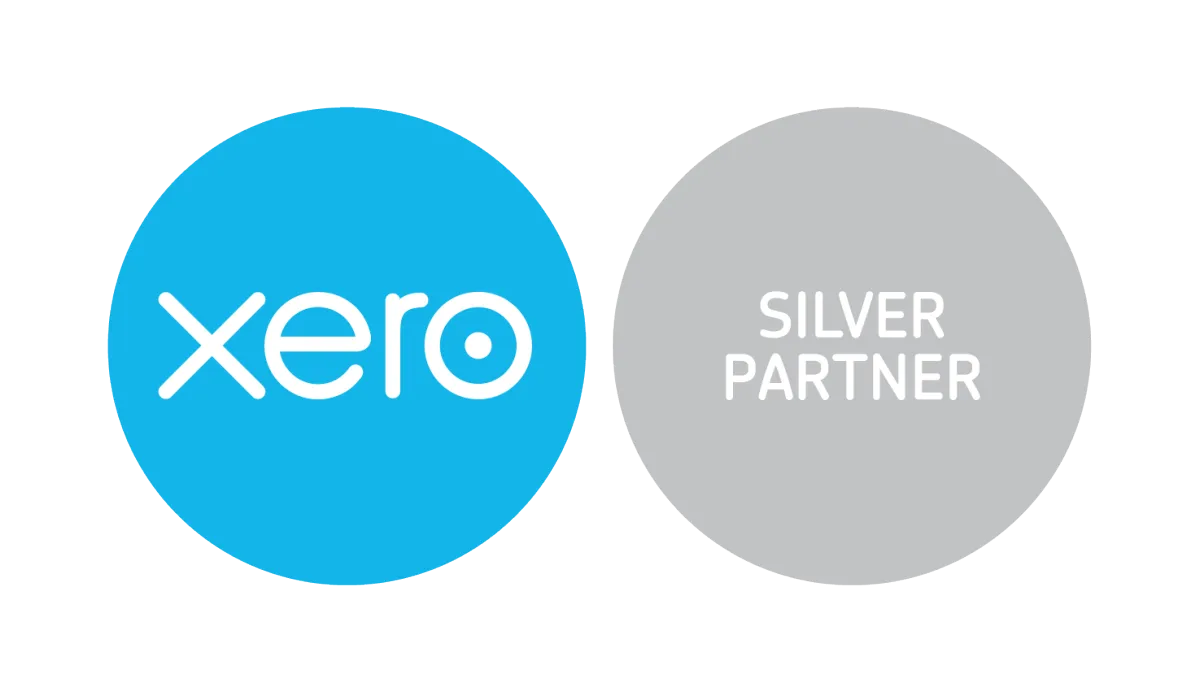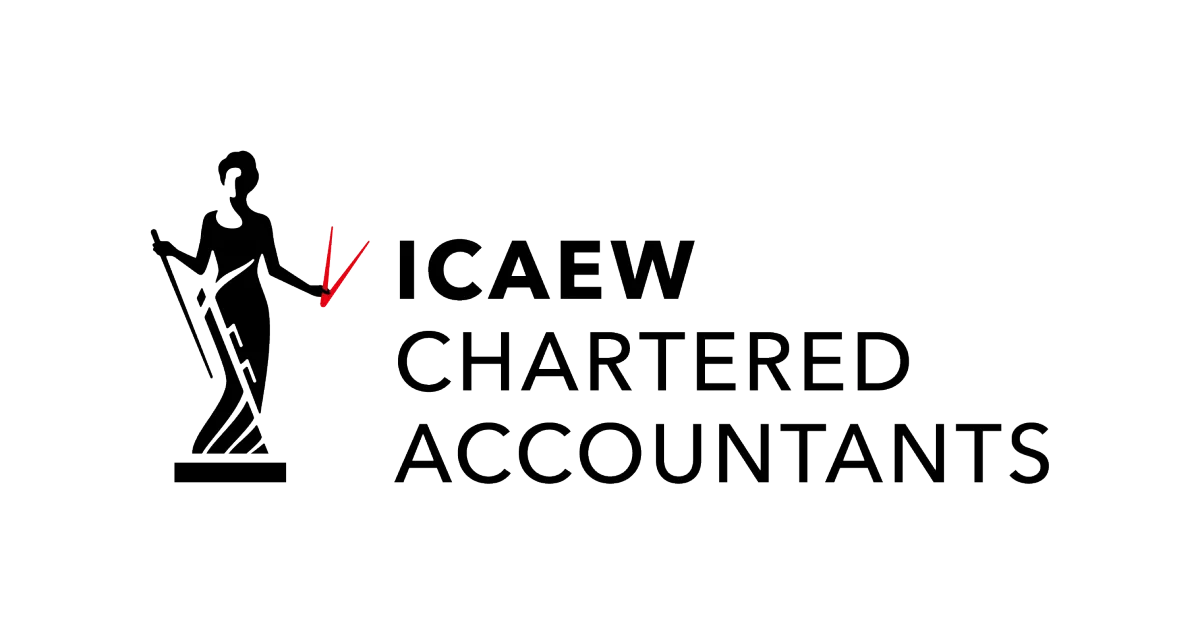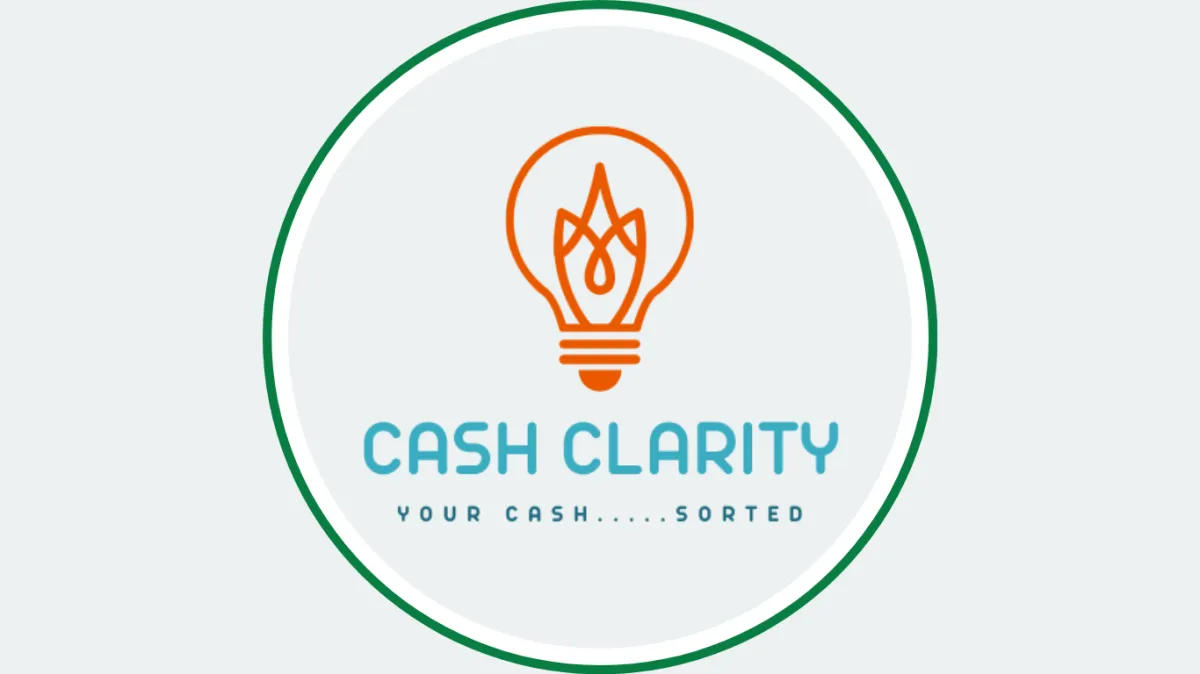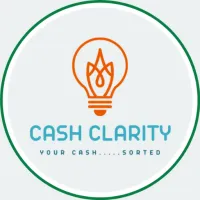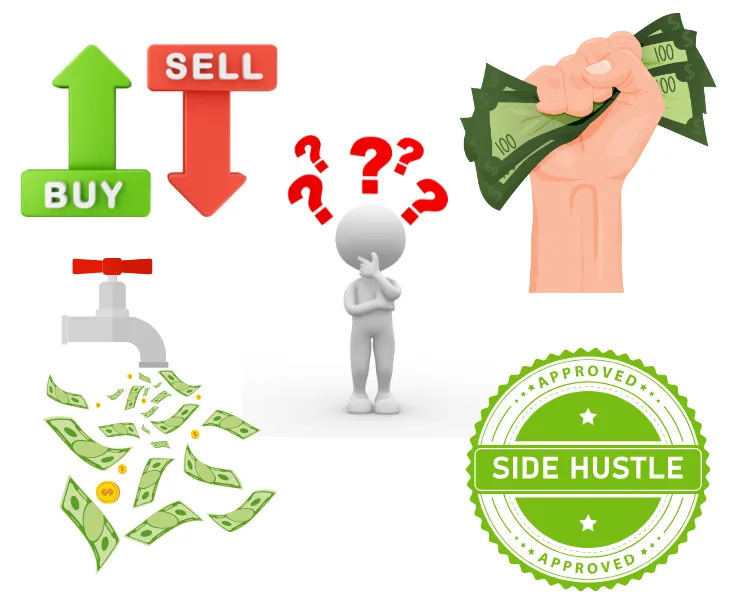
Is Your Side Hustle Actually "Trading"? What HMRC Needs to Know Changes Everything for Small Business Owners - Copy
"The first rule of side hustle club is to remember HMRC - what they don't know can hurt you. A successful side hustle isn't just about making extra money; it's about making it legitimately and declaring it properly." - Emma Jones, founder of Enterprise Nation
Is Your Side Hustle Actually "Trading"? What HMRC Needs to Know
As we enter the new tax year, it's time to get clear on an important question: Are your extra earnings considered "trading" and do you need to tell HMRC about them?
You've probably seen headlines suggesting "if you're selling stuff online, HMRC will know about it." That's not quite accurate, but understanding your position is crucial to staying on the right side of tax law.

Should You Be Paying Tax on Your Side Hustle?
With living costs rising, many of us are finding creative ways to make extra money alongside our main jobs. But confusion about tax obligations can lead to nasty surprises down the road.
HMRC's new campaign aims to clear up the confusion around side hustles. Let's look at what activities might count as "trading" in their eyes:
1. "I'm buying or making things to sell"
Creating handmade items, digital products, upcycling furniture, or buying items to resell at a profit? HMRC considers this trading.
2. "I've got a side gig"
Whether it's car repairs, food deliveries, dog walking, gardening or tutoring – if it's regular and continues for several months, it's likely considered trading, even if just part-time.
3. "I work for myself doing multiple jobs"
Piecing together an income from several different jobs? You may need to register as a sole trader.
4. "I'm a content creator or influencer"
What started as a hobby could now be taxable income. Getting paid for sponsored posts, earning ad revenue from videos or blogs? That's trading in HMRC's eyes.
The £1,000 Trading Allowance: What You Need to Know
Here's the simple part: If your combined trading income is £1,000 or less in a tax year, you won't pay tax on it.
But if you earn more than £1,000? You need to tell HMRC and may need to pay tax.
Important clarification: The £1,000 allowance is a TOTAL for ALL your trading activities combined – not per type of income.
And that "30 items" rule you may have heard about? That's just about what online platforms must report to HMRC – it doesn't determine whether you need to pay tax. The £1,000 threshold is what matters.
Selling unwanted belongings occasionally? That's usually not considered trading and likely won't be taxable.
Property Income: Different Rules Apply
If you're renting out property, different allowances apply:
Renting a spare room may be covered by the £7,500 rent-a-room scheme allowance
For properties you don't live in, there's a separate £1,000 property allowance
The good news? You can use both the £1,000 trading allowance AND the relevant property allowances if you have both types of income.
Need help sorting out your self-assessment obligations?
Join our free webinar on May 1st where we'll walk through these distinctions in detail and answer your specific questions about side hustles and self-assessment.
Remember: Getting your tax right from the start saves both stress and potential penalties down the road. A separate business bank account and good record-keeping habits make all the difference!
What side hustle are you running this year? Email us at [email protected] for more information.
